Abstract
Kenya Tea Development Agency Limited (KTDAL) follows a unique model under which small tea farmers are shareholders. By the end of 2013, it had around 560,000 such shareholders. The farmers not only get money for the tea leaves they produce but also receive a share in the profits, which means they receive a higher price per kg of tea leaves than tea farmers anywhere else in the world. KTDAL’s inclusive model has empowered the farmers to control and own the entire tea industry value chain. KTDAL’s market driven sustainable model has managed to get the market closer to the small tea farmer and make Mombasa one of the world’s top tea auction centres.
KTDAL promotes sustainable agricultural practices among its small farmers through its Farmer Field Schools and, apart from achieving economies; the business model reduces costs by collective bargaining. It improves efficiencies and quality by leveraging on modern agricultural and processing techniques. KTDAL’s benefits go beyond commercial viability with the social, environmental, and economic lives of 4 million people being impacted, directly or indirectly.
The KTDAL business model, which has made small farming viable, can be replicated to address some of the basic issues and challenges facing the developing world, which has millions of small farmers. However, the model has been facing tough challenges of late. The KTDAL small farmers are facing price fluctuations, rising production costs in the form of increasing labour costs, environmental concerns, and unfavourable climatic conditions.
Amidst this uncertainty, some farmers have called for abandoning KTDAL and going back to the old Parastatal system in which the government of Kenya provided aid and relief to small farmers in case of natural disasters like floods and famine and also purchased the produce at a minimum support price. This facility is not available to the KTDAL small farmers as KTDAL is registered as a private company. It remains to be seen how KTDAL will address this rebellion within and whether it will emerge stronger.
[table id=121 /]




